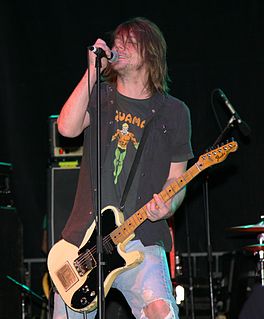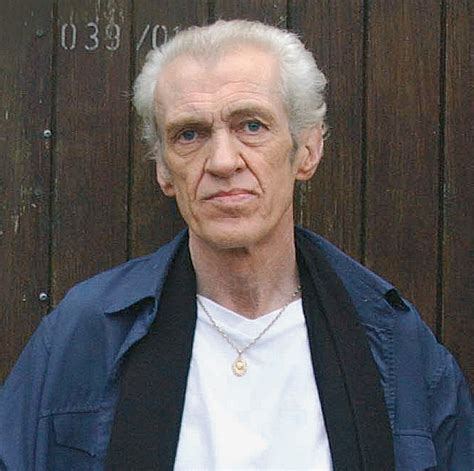A Quote by Mary Roberts Rinehart
my crime books are actually novels and are written as such. One might even say that each one is really two novels, one of which is the story I tell the reader, and the other the buried story I know and let slip now and then into a clue to whet the reader's interest.
Related Quotes
Notice how every science fiction movie or television show starts with a shot of the location where the story is about to occur. Movies that take place in outer space always start with a shot of stars and a starship. Movies that take place on another world always start with a shot of that planet. This is to let you know where you are. Novels and stories start the same way. You have to give the reader a sense of where he is and what's happening as quickly as possible. You don't want to start the story by confusing the reader.
One of the ways in which writers most show their inventiveness is in the things they tell us about how they write. Generally speaking, I don't like to make a plan before I've written a story. I find it kills the story - deadens it, makes it uninteresting. Unless I'm surprised by something in a story, the reader's not going to be surprised either.
I wouldn't have thought that the techniques of story-telling, which is what the novel is after all, can vary much because there are two things involved.There's a story and there's a listener, whose attention you have to keep. Now the only way in which you can keep a reader's attention to a story is in his wanting to know what is going to happen next. This puts a fairly close restriction on the method you must use.
What is a novel? I say: an invented story. At the same time a story which, though invented has the power to ring true. True to what? True to life as the reader knows life to be or, it may be, feels life to be. And I mean the adult, the grown-up reader. Such a reader has outgrown fairy tales, and we do not want the fantastic and the impossible. So I say to you that a novel must stand up to the adult tests of reality.
When I began to write novels, I wanted to keep that element of interaction with the reader that exists in poetry, not just for the reader to be shepherded from A to B to C to D but to participate, and the less you say sometimes, the better it is. You know, it's the way when someone speaks very quietly, you move forward so you can listen more carefully.





































